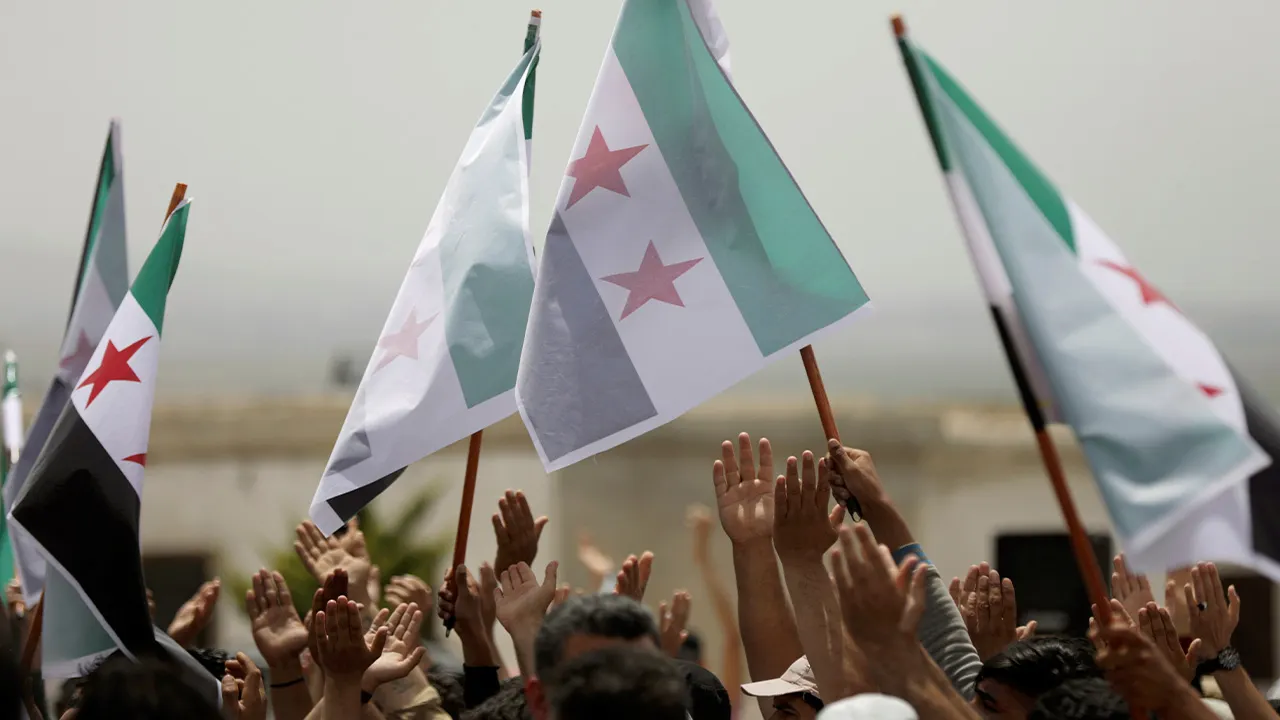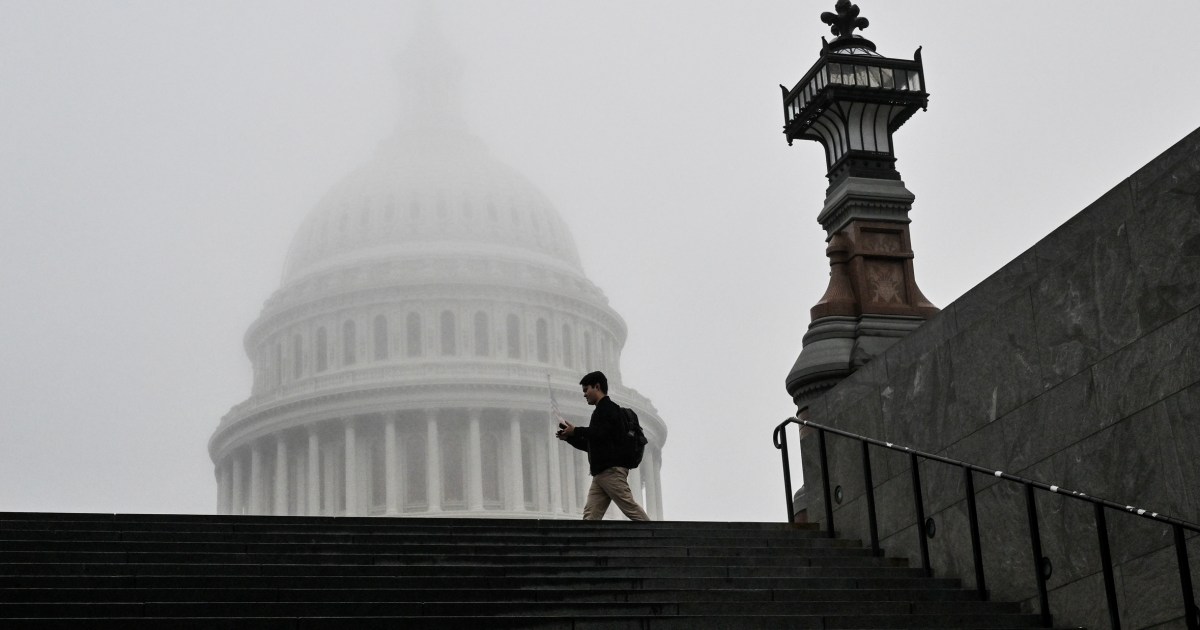World
Why the U.S. government is hailing Israel’s killing of Hezbollah’s leader as ‘justice’

Shiite Muslims light candles during a protest against the killing of Hezbollah leader Hassan Nasrallah, in Karachi, Pakistan on Saturday.
Fareed Khan/AP
hide caption
toggle caption
Fareed Khan/AP
The death of Hezbollah’s leader Hassan Nasrallah by an Israeli airstrike on Saturday could reshape the war in the Middle East in ways not yet known. The civilian death toll from the strikes is likely to rise. And the Iran-backed Lebanese militacnt group is known for its resilience and retaliation.
But many U.S. leaders have united in their support of Israel’s killing of Nasrallah for what they see an appropriate action for the longtime decision maker of an organization that killed many innocent lives.
President Biden said the death of Hassan Nasrallah, leader of the Iran-backed militant group Hezbollah, by an Israeli airstrike on Saturday was “a measure of justice for his many victims.”
“Hassan Nasrallah and the terrorist group he led, Hezbollah, were responsible for killing hundreds of Americans over a four-decade reign of terror,” Biden said in a statement.
Vice President Kamala Harris and Republican House Speaker Mike Johnson also added their support for the attack.
Harris called Nasrallah “a terrorist with American blood on his hands” whose leadership “destabilized the Middle East and led to the killing of countless innocent people in Lebanon, Israel, Syria, and around the world. Today, Hezbollah’s victims have a measure of justice.”
Biden and Harris reiterated their support for Israel’s right to defend itself against Iran and Iran-backed terrorist groups.
Hezbollah has been linked to several anti-U.S. attacks since the 1980s. Hezbollah was formed in 1982 in response to Israel’s invasion of Lebanon and three years later pledged allegiance to the supreme leader of Iran and called for the destruction of Israel.
The groups attacks against Americans and U.S. interests include the suicide truck bombings in 1983 and 1984 in Beirut that targeted the U.S. embassy, the U.S. Marine barracks and the U.S. embassy annex. The death toll of those attacks was more than 300 Americans and Lebanese.
In 1985, a Trans World Airlines flight was hijacked by an alleged Hezbollah member who fatally shot a U.S. Navy diver.
During the Iraq War, Hezbollah members reportedly armed and trained Shia militias that carried out attacks on U.S. forces during their deployments between 2003 and 2011, according to a U.S. congressional report published last week.
In the Middle East, more than 500 Lebanese and over 30 Israelis have reportedly been killed in recent fighting between Israel and Hezbollah, according to the report.
The Lebanese militant group and Israel have been trading attacks since the current conflict in the Middle East began nearly a year ago. Hamas, the Palestinian militant group governing Gaza and is also backed by Iran, carried out an attack on Israel on Oct. 7. That attack killed around 1,200 Israelis and Hamas militants took some 250 hostages. Israel responded with what’s become a months-long assault in the Gaza Strip that has killed more than 40,000 Palestinians.
The 2024 annual threat assessment put out by U.S. intelligence agencies states that Hezbollah “maintains the capability to target U.S. persons and interests in the [Middle East] region, worldwide, and, to a lesser extent, in the United States.”











